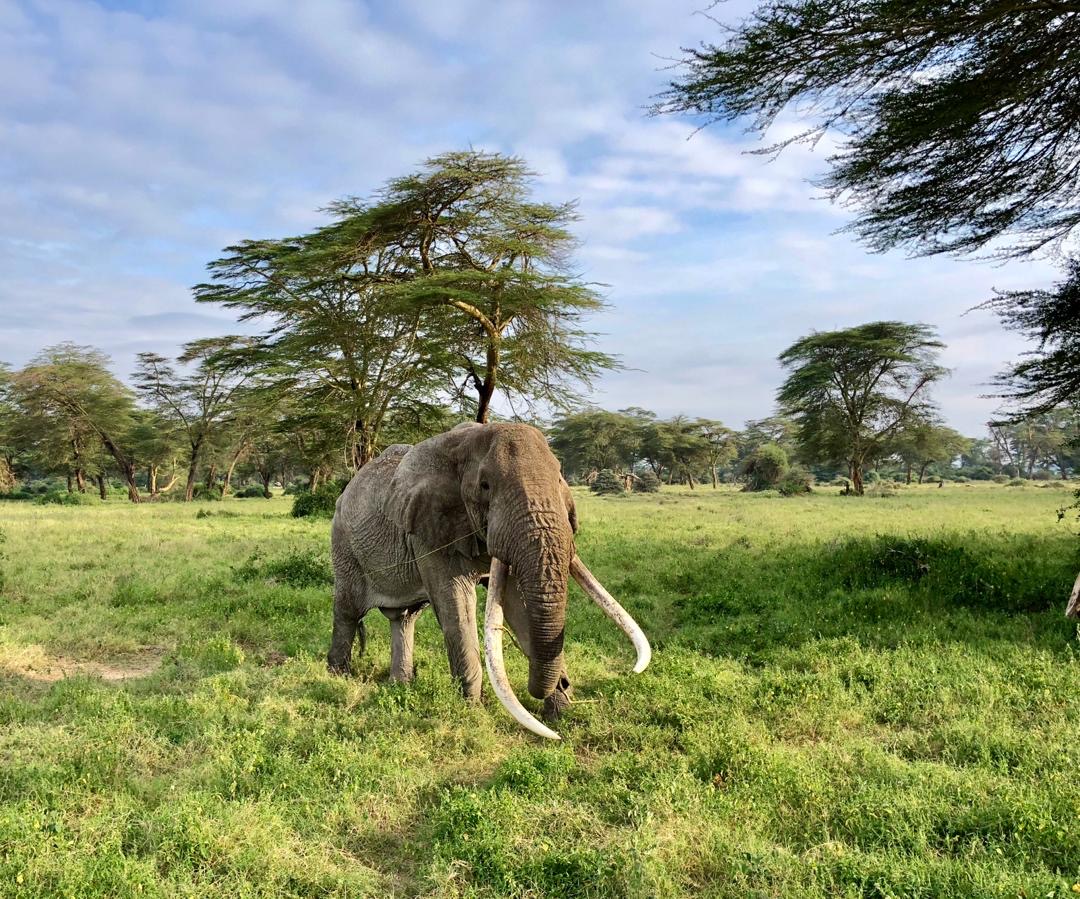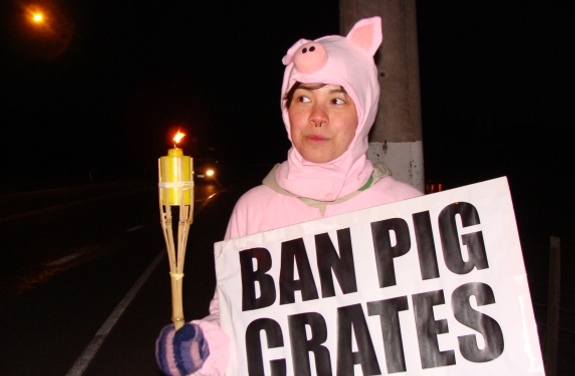New Zealand manuka honey is a fabulous healer for wounds due to its unique antibacterial properties and it’s hitting the spotlight again for all the right reasons.
It turns out global wildlife organisation Saving the Wild has been using Comvita Manuka honey to successfully treat rhinos and elephants wounded by poachers since 2018, and earlier this year Saving the Wild’s founder Jamie Joseph took Comvita’s Manuka Honey Wound Gel to the frontline of the Australian bushfires to help treat koalas and other wildlife burned or injured.
Now Comvita has officially teamed up with Saving the Wild in a new three-year partnership which will see the two organisations work together on global projects to help protect ‘nature in need’.
“When we saw the Saving the Wild team using our topical Manuka honey products to make a difference to the survival of creatures that are crucial to our planet, we knew we wanted to more,” says Comvita CEO David Banfield.
The first major project for the new partnership will see Joseph take Comvita’s beekeeping expertise to Kenya, where local tribes will be trained in beekeeping and honey production. This programme will support both environmental biodiversity and the local community, through social enterprise development.

Both organisations believe the key to protecting biodiversity is protecting the planet’s bee population. Nearly 90 per cent of the world’s flowering plant species depend entirely on the pollination of plants and bees play an important role in sustainable agriculture, biodiversity, climate change and a health environment.
In Kenya, Saving the Wild has been working with the Big Life Foundation on a tented camp project positioned between Kimana Sanctuary and Amboseli National Park.
“We will work with Comvita to bring beekeeping skills to Kenya and provide training for local communities to increase jobs and ultimately support the local economy,” says Joseph. “What’s more, elephants fear bees, so with managed bees in the area, elephants are less likely to encroach on the communities.”







